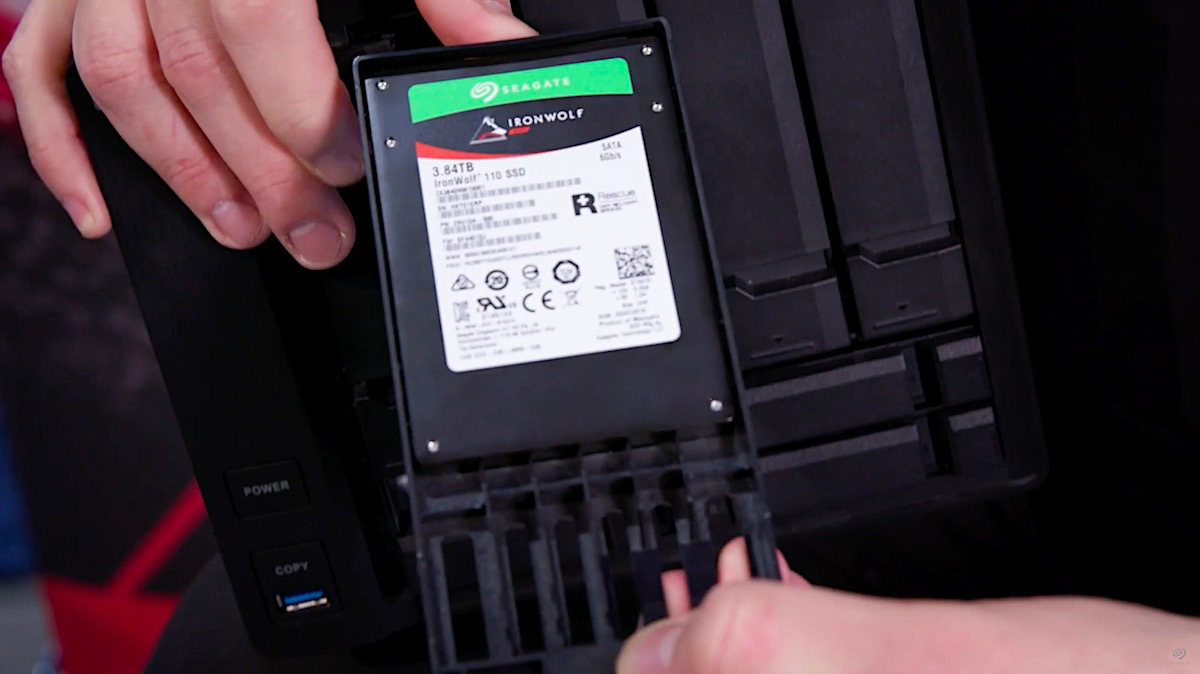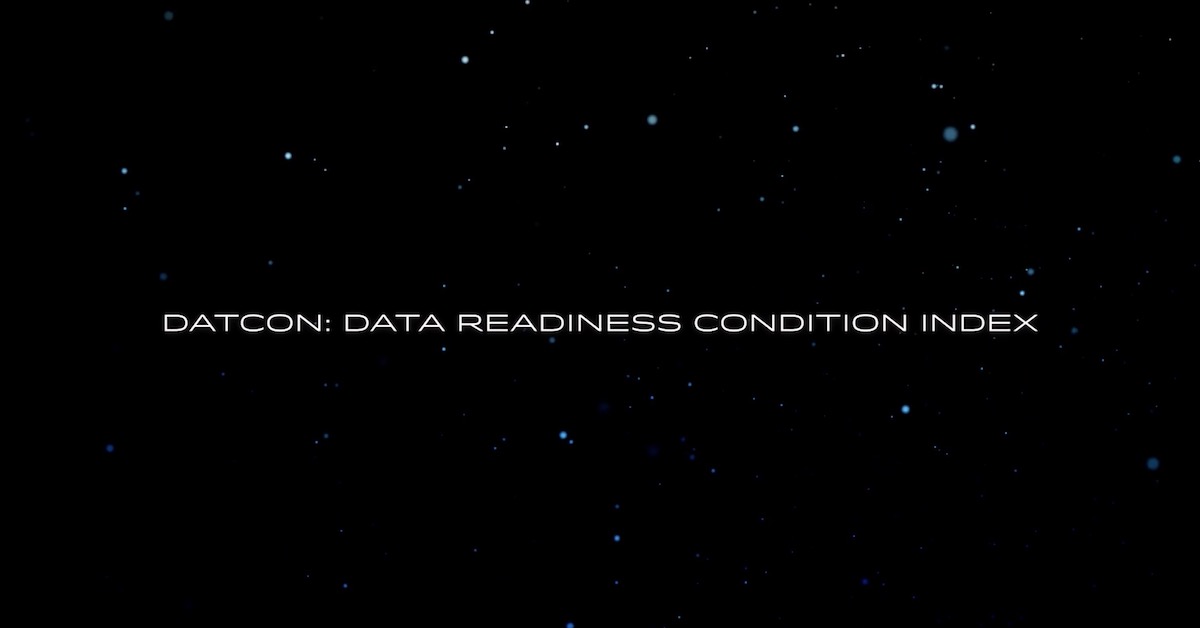Putting the “Personal” back into consideration of PCs and storage
Watching and charting the storage industry, with tons of spreadsheets and metrics on the screen, can obscure some of the nuances of how people choose the storage they do. One can get sucked into competing narratives about new technologies and how EVERYONE will want/need this or that.
“The tablet makes PCs obsolete!” “Who needs a PC? All you need is a smartphone!” “You don’t need much local storage when you can put everything on the cloud!” “SSDs will kill HDDs!” Reading tech websites can be a waste of time when searching for what’s true — writers focus on “new” and “hot” and make claims without future accountability. Often, when consumers seek clarity, uncertainty reigns.
What do customers need their PC to do?
Two things are certain, though.
First, a personal computer is, for the majority of buyers, well, personal. It contains hundreds of gigabytes of personal data, personal music, video, and pictures — it’s a very important part of the home. When looking to buy a new PC, people want a device that does what they need now, but also what they think they will need in the future. Oh, and at an attractive price, too. In many ways it’s as important to a household as the primary TV — perhaps more so given its variety of uses.
Second, typical consumers value storage capacity in their PCs. When a consumer — let’s call him Mr. X — decides it’s time to replace his family’s computer, he usually has two things in mind: upgrading (and not just replacing) what he now has, and a price range. Mr. X knows that the only reasons to buy a new PC for the home are that either the old one doesn’t work well anymore or a new one is a serious improvement that justifies the expense. Not only does he want faster performance, he wants at least as much storage.
 What is your customer thinking?
What is your customer thinking?
This might be a sample of Mr. X’s internal dialogue while he’s configuring his new PC online:
- “This pile of junk is just about dead…… I must have bought this a couple of Presidents ago…..”
- “I think I have 500GB of storage, so I have to get at least that much in the new PC. Probably 1TB or more.”
- “I should make this PC sort of a digital hub for my wife and kids. It would be much easier than the jury-rigged box ‘home server’ I bought and never installed.”
- “I’ve got all these external drives with photos and videos….. it would be great to have that all in one place.”
- “I’ve heard about SSDs. So, if I click on the SSD upgrade options……… WHOA! That nearly doubles the price of my new system and gives me way less storage than I have now! Plus, I’d end up buying even more external drives just to store all my stuff I can’t fit on the SSD!……. Forget it, I’ll get the PC with a 1TB hard drive!”
Of course SSDs have their strengths for certain uses, yes, they have a growing position in the personal computing world. Maybe, someday, more consumers will buy SSDs in their new PCs.
But “personal” still applies to typical consumer preferences in PCs and storage. It will be a long time before future Mr. X buys off on less-for-more.
—
Mark Geenen is the founder and president of TRENDFOCUS. Mr. Geenen brings extensive skill and knowledge of the data storage industry including over 25 years researching and consulting in the HDD, component, and storage industry markets. He has presented at numerous conferences worldwide, is frequently cited in industry and business press, and has authored several articles. Mr. Geenen is on the Global Board of Directors of IDEMA, the trade association for the data storage industry, and is an Executive Council member of the Advanced Storage Technology Consortium (ASTC).








